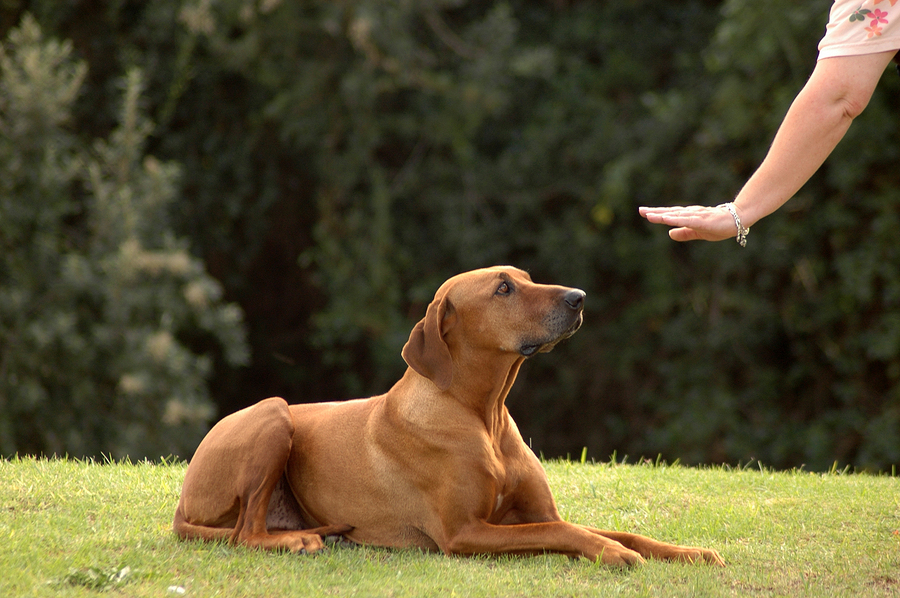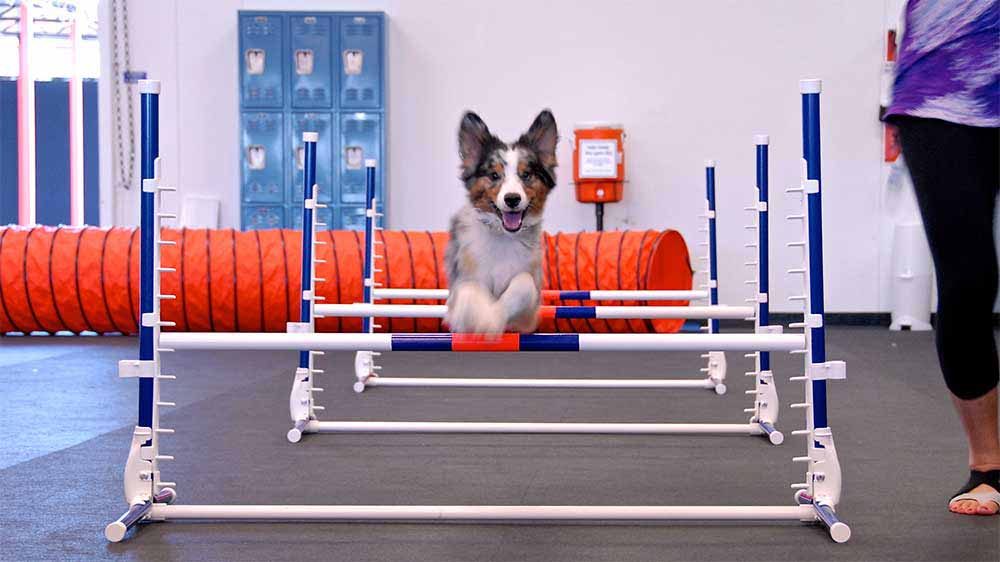Discover the Various Kinds Of Pet Training Available for Your Furry Friend
Understanding the numerous sorts of dog training is vital for improving your canine friend's behavior and promoting a stronger bond. From standard obedience to advanced strategies such as agility and fragrance work, each training method offers unique benefits customized to both the pet dog's and owner's needs. Additionally, customized programs address particular requirements, such as those for service or therapy pets. As you think about the finest technique for your furry pal, it comes to be evident that the choice of training can significantly affect your shared experiences and results. What elements should you evaluate prior to committing to a certain training design?
Fundamental Obedience Training
Standard obedience training lays the foundation for a mannerly pet dog, establishing the phase for a harmonious relationship between animal and owner. This necessary training focuses on mentor pet dogs fundamental commands such as sit, remain, come, down, and heel. These commands not only enhance communication yet additionally promote safety in numerous settings.
The training process generally starts with favorable reinforcement methods, where benefits such as treats or appreciation are provided when the pet dog successfully follows a command. This method urges a favorable discovering environment, eventually cultivating trust between the pet dog and the owner. Uniformity is key; normal practice guarantees that the pet dog maintains commands with time.
Additionally, basic obedience training helps to deal with typical behavioral issues, such as jumping, barking, or pulling on the leash. By establishing clear limits and expectations, owners can decrease unwanted actions and boost their pet's socializing abilities.

Advanced Training Strategies
Advanced training strategies build upon the fundamental abilities developed in basic obedience training, using a path to enhance a pet dog's capabilities and responsiveness. These techniques commonly entail specialized commands and skills, enabling pet dogs to do jobs that call for higher levels of concentration and intelligence.
One popular method is agility training, where pet dogs browse challenge training courses, boosting their physical control and psychological intensity. This not just gives exercise but also strengthens the bond between canine and handler through teamwork and communication.
One more advanced method is scent job, which use a pet dog's natural olfactory capabilities. This training motivates canines to recognize and locate specific scents, boosting their emphasis and analytical skills. Such activities can be particularly advantageous for breeds inclined to monitoring.
Solution pet dog training is one more critical location, where canines learn to help individuals with handicaps. This training needs a high level of obedience and specialized abilities tailored to the certain needs of their trainers.
Therapy Techniques
Reliable canine training expands beyond instructing skills and commands; it additionally encompasses therapy approaches that deal with undesirable habits. These strategies are necessary for correcting concerns such as aggression, extreme barking, and splitting up anxiety, making sure an unified relationship in between pets and their owners.
One extensively recognized method is positive support, which includes fulfilling desired behaviors to motivate their reoccurrence. This technique is efficient in strengthening good routines while minimizing concern or anxiety in the canine. Alternatively, aversive strategies, such as punishment or negative reinforcement, are normally inhibited by professionals due to their possible to create worry and stress and anxiety, Go Here bring about further behavioral issues.
One more crucial approach is desensitization, which progressively reveals pets to the stimuli that provoke undesirable behaviors in a controlled manner. This process aids dogs learn to remain calm and composed in situations that would usually activate stress and anxiety or hostility.
Counter-conditioning is commonly utilized together with desensitization, where the pet dog discovers to connect positive experiences with previously adverse stimulations. Both methods need persistence and consistency, making them reliable devices for accomplishing lasting behavior modification. By using these actions alteration techniques, animal owners can cultivate a well-adjusted and satisfied canine buddy.
Specialized Training Programs
In the realm of dog training, specialized training programs provide to certain needs and objectives, using go now tailored approaches that boost a pet dog's abilities and address one-of-a-kind difficulties. These programs are developed for numerous functions, including solution dog training, therapy pet dog preparation, and also competitive sporting activities training.
Service pet training concentrates on gearing up dogs with the abilities necessary to aid individuals with impairments, such as leading visually damaged owners or signaling to medical emergency situations. This training is rigorous and usually needs a mix of obedience, socialization, and details task-oriented skills.
Treatment dog programs intend to prepare pets for emotional assistance roles in health centers, institutions, and assisted living home. These pets need to show calmness, sociability, and a mild temperament, ensuring they can offer comfort to those in distress.
Furthermore, competitive sporting activities training, such as dexterity or obedience trials, highlights physical health and fitness, precision, and team effort in between the pet and trainer. These programs demand a high level of dedication and technique, fostering a strong bond while sharpening the dog's athletic abilities.
Enjoyable and Interactive Training Tasks
Just how can dog training be both satisfying and effective? The answer hinges on integrating fun and interactive training tasks that boost your pet's mind while enhancing important skills. Involving your pet dog via play not just enhances the bond in between you and your furry pal however additionally boosts their understanding experience.
One reliable means to attain this Find Out More is via dexterity training, where pet dogs navigate obstacle courses that test their psychological and physical capacities. This task urges analytic and boosts control, making it a superb selection for energetic breeds. One more option is making use of puzzle toys that dispense deals with, which can keep your dog mentally involved and inspired to find out.
Furthermore, integrating games like bring or hide-and-seek can make training sessions a lot more dynamic. These activities urge the pet dog to reply to commands in an enjoyable context, advertising obedience while enabling for social communication.

Final Thought
Finally, various kinds of pet dog training are important for improving canine actions and promoting a solid human-animal bond. Standard obedience acts as the structure, while advanced techniques, habits adjustment, and specific programs resolve details needs. Engaging tasks further enrich the training experience, guaranteeing that it stays beneficial and pleasurable for both canines and their handlers. Exploring these diverse training alternatives outfits pet proprietors with the devices needed to grow all-round, delighted, and obedient companions.
Recognizing the different types of pet training is crucial for boosting your canine buddy's behavior and cultivating a more powerful bond. From basic obedience to innovative methods such as agility and aroma work, each training method supplies special benefits customized to both the canine's and owner's demands.Fundamental obedience training lays the structure for a well-behaved pet dog, establishing the stage for a harmonious partnership between animal and proprietor.The training process generally starts with positive support techniques, where incentives such as treats or appreciation are provided when the pet effectively adheres to a command.In final thought, numerous types of pet training are vital for enhancing canine habits and cultivating a solid human-animal bond.